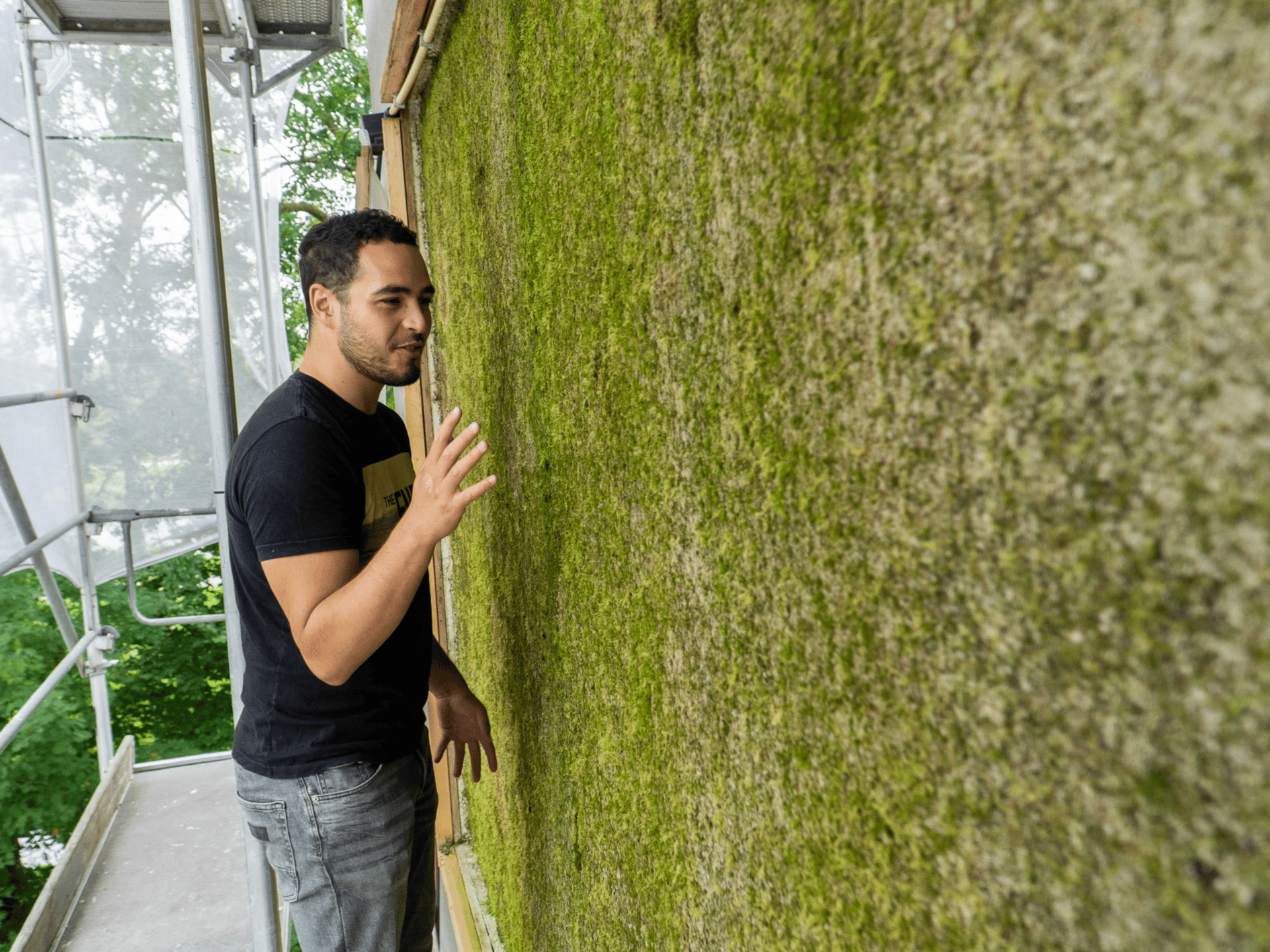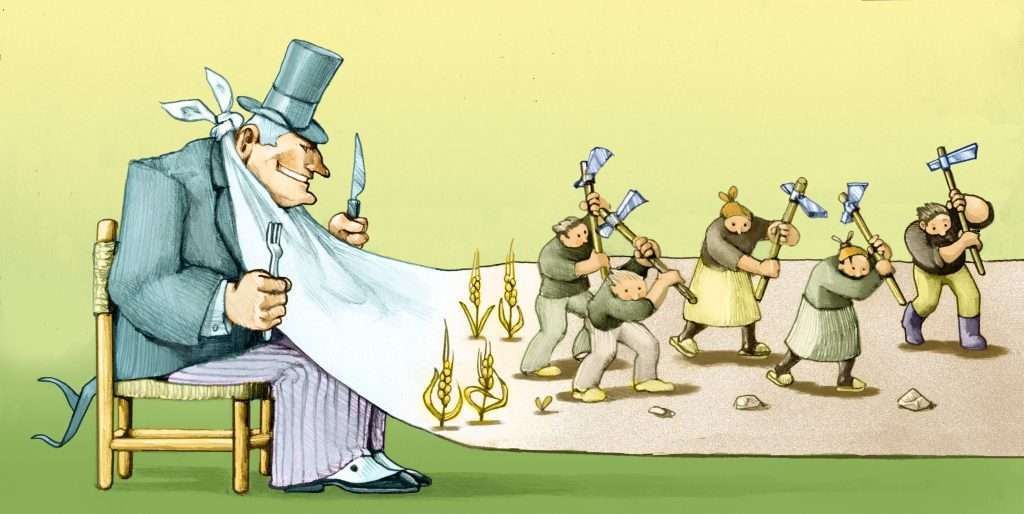- UGREEN
- Posts
- Want to spend 2 days with us improving your interior design process?
Want to spend 2 days with us improving your interior design process?
Your UGREEN News is here!
Sustainable Interiors Live Workshop
Want to spend 2 days with us improving your interior design process?

Want to know why sustainable interior designers have waiting lists of clients?
They're charging 30-50% more per project.
The sustainable interiors market exploded in 2024, and professionals who mastered these techniques positioned themselves at the forefront of this transformation.
This Saturday and Sunday (August 28th & 29th), you'll discover exactly how to implement:
✓ Sustainable Materials - Source and specify materials that reduce costs while increasing project value
✓ Circular Design - Create regenerative spaces that clients love and pay premium for
✓ Biophilic Design - Integrate nature-based solutions that boost wellbeing and aesthetics
✓ Sustainable ROI - Demonstrate clear financial benefits to clients
✓ Energy Efficiency - Design spaces that save money long-term
✓ Aesthetics & Function - Never compromise on beauty while going green
Your guides: Filipe Boni and Sami Meira have been leading the sustainable construction revolution since 2016. Their expertise has attracted collaborations with major brands like L'Occitane and Lindt.
What's included:
Live access to both workshop days
Global network of sustainable design professionals
Certificate of participation for your portfolio
7-day money-back guarantee
Schedule (both days):
12:30 PM UTC / 8:30 AM EDT / 2:30 PM CEST: START
8:30 PM UTC / 4:30 PM EDT / 10:30 PM CEST: CLOSING
Current status: 94% of $7 tickets already sold.
This is our first sustainable interiors workshop this year—after months of requests following our architecture and regenerative design events.
Don't wait. The market is moving fast, and so are the available spots.
Filipe Boni,
UGREEN
P.S. No prior sustainability knowledge required. Our method guides you from the ground up, regardless of your current experience level.
News
How a Dutch startup is transforming gray walls into living ecosystems

While we debate tree planting and park creation, a Dutch startup found a bolder solution: transform building walls themselves into vertical gardens. RESPYRE isn't just creating another expensive and complicated "green wall" – it's democratizing urban nature.
The Game-Changing Innovation
RESPYRE developed a bioreceptive concrete made from 85-95% recycled materials that works like a sponge. On top of it grows moss that doesn't need invasive roots or permanent irrigation systems. It's plug-and-play nature.
The numbers are impressive: up to 30°C reduction in surface temperature, 7°C decrease in ambient temperature, 500-1200g of CO₂ absorbed per square meter annually, 10-30% savings on air conditioning. The system becomes carbon-negative in just one year.
Traditional cities are expensive to cool, pollute the air, and create suffocating "heat islands." Current green solutions are limited by space or prohibitively expensive (€500+/m²). RESPYRE breaks this equation with 40% lower costs and virtually zero maintenance after the first 12 weeks.
Why This Works
The technology simultaneously solves climate issues through natural cooling and CO₂ capture, economic problems with low installation costs and zero maintenance, social challenges by improving quality of life without gentrification, and still contributes to the circular economy by reusing construction debris.
It's not just sustainability – it's applied urban intelligence. Imagine public transport stations with cleaner air, social housing with natural thermal comfort, heavy traffic corridors with reduced temperatures, functional acoustic barriers on highways.
While most cities still think in last century's solutions, some are already building tomorrow's infrastructure.
The question isn't whether this technology will spread, but which cities will pioneer the transformation of dead concrete into living ecosystems.
Have a great week,
Filipe Boni
UGREEN
Opinion
How capitalism's incredible power to solve problems is creating even bigger ones

We live in a world of miraculous contradictions. The same economic system that lifted billions from poverty is actively cooking the planet. The innovation engine that gave us life-saving vaccines also gave us planned obsolescence and endless plastic gadgets. The technology that connects us globally is fragmenting us socially.
This isn't a bug in capitalism—it's the feature. And understanding why might be the most important challenge of our time.
The Double-Edged Engine
Capitalism's innovation record is genuinely stunning. Since 1820, extreme poverty fell from 90% to under 10% of global population. Life expectancy jumped from 52 to 71 years since 1960. The system unleashed what Marx himself called accomplishments "far surpassing Egyptian pyramids, Roman aqueducts, and Gothic cathedrals."
But here's what textbooks don't tell you: the same mechanisms that create these benefits systematically generate the problems threatening our future. The profit motive that drives pharmaceutical breakthroughs also prices life-saving drugs out of reach for the poor.
The competitive pressure that creates remarkable efficiencies also drives planned obsolescence—products deliberately designed to fail. The "creative destruction" that fuels technological progress concentrates wealth and power in ways that undermine democracy itself.
Innovation follows money, not need. This creates predictable distortions that help explain why we have seventeen different streaming services but millions still lack clean water. The system excels at solving problems for people who can pay premium prices, while systematically ignoring public goods and the needs of the global poor.
Even worse, the financialization of innovation has shifted focus from creating value to extracting it. Today's tech giants increasingly make money not by building better products, but by collecting rent on intellectual property and harvesting data from users who never consented to become the product being sold.
The Ecological Collision Course
The system's core logic—endless growth and accumulation—stands in fundamental conflict with planetary boundaries. This isn't a design flaw to be engineered away; it's the engine's primary directive. Every efficiency gain gets overwhelmed by scale increases, a phenomenon economists call the "rebound effect." More fuel-efficient cars just lead to more driving and bigger vehicles.
"Green growth" promises to decouple economic expansion from environmental impact, but no country has achieved the absolute decoupling needed at the scale required. Meanwhile, the alternative—degrowth frameworks that prioritize wellbeing over GDP—remains politically radioactive despite growing evidence of its necessity.

The Power Problem
Perhaps most troubling is how innovation increasingly concentrates power. Tech platforms become digital infrastructure that a handful of corporations control, giving them influence over public discourse that rivals nation-states. This isn't accidental—it's the logical endpoint of winner-take-all digital markets where network effects create natural monopolies.
The result is a form of techno-feudalism where innovation serves not human flourishing but the extraction of "behavioral surplus" from users who've become unwitting data sources for algorithmic manipulation.
The most promising alternatives don't abandon innovation—they redirect it. Worker cooperatives like Mondragon demonstrate how democratic ownership can drive technical progress while maintaining commitment to community wellbeing.
Circular economy models create business incentives for durability and repair rather than disposal. "Needs-based innovation" starts with human problems rather than market opportunities.
These aren't utopian fantasies but working examples of how innovation might serve different masters. The question isn't whether we can innovate our way to a better future, but whether we can wrest control of innovation from a system whose primary goal is its own endless expansion.
The ultimate paradox: capitalism's greatest achievement might be demonstrating that we can do better than capitalism.
Have a great week,
Filipe Boni
UGREEN



Reply